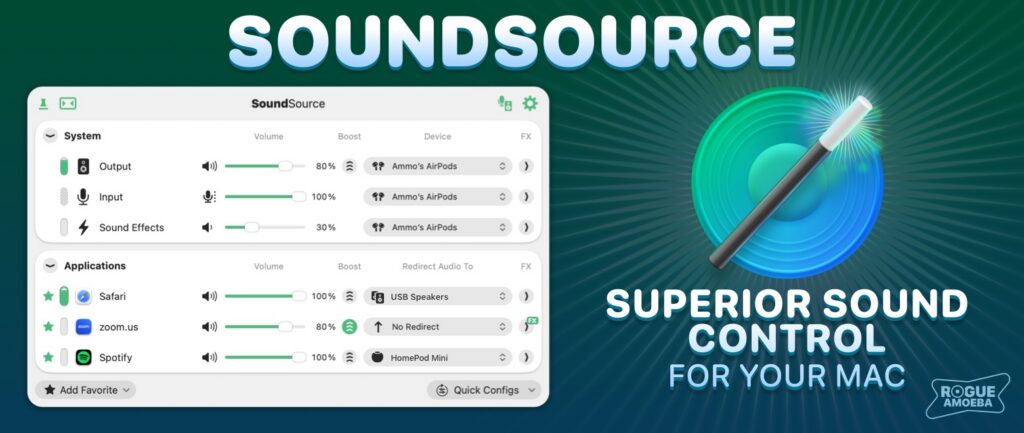
Apple announced the MacBook Neo today, and I think it’s a bigger deal than most people realize.
The headline is the price. $599. That’s it. And if you’re a student, $499. Yesterday, the cheapest way to get a Mac laptop was north of a thousand dollars. Today, it costs less than a lot of Chromebooks. That is a massive shift.
I’ve been teaching people how to use Macs for a long time. The number one barrier has always been cost. People want to try the Mac, but they can’t justify the price. That excuse just evaporated. A college kid working a summer job can afford this. The Mac is available to a lot of people it wasn’t available to yesterday.
It comes in four colors: blush, indigo, silver, and citrus. I love that Apple is having fun with this. They’re bright and playful, and that’s exactly right for a computer aimed at bringing new people into the Mac. I’m a little sad there’s no orange, though. I would have been first in line.
Stephen Hackett wrote a great breakdown of the technical differences between the Neo and the MacBook Air. The A18 Pro chip instead of an M-series. 8GB of RAM with no upgrade option. USB-C instead of Thunderbolt. No MagSafe. One of the two USB-C ports is only USB 2. You’re giving things up.
But for the person this Mac is designed for, none of that matters. If you’re writing papers, browsing the web, managing email, taking video calls, and maybe editing a few photos, this machine does all of that. And it does it with 16 hours of battery life in a fanless design. Stephen Robles put together a good video walk-through the new machine if you want to see more.
I think part of the reason this computer exists is the continued payoff from Apple silicon. Apple’s chips are so good that a chip from the iPhone can drive a full Mac. That’s not a compromise. That tells you how far ahead Apple is in chip design. The A18 Pro handles Apple Intelligence, runs macOS, and does it all in a thin, silent chassis. The silicon advantage is what makes this price point possible. No other laptop maker could do this.
I understand why Apple went with a 13-inch form factor. It’s the sweet spot for most people, and it keeps costs down. But part of me would have liked to see this as a 12-inch machine.
I’m probably mixing my own signals, though. What I really want is an ultra-light MacBook built on Apple silicon. A spiritual successor to the 12-inch MacBook from 2015, but done right this time with chips that can actually handle the thermal constraints. That’s a different product for a different day. The Neo isn’t trying to be the lightest computer Apple makes. It’s trying to be the most accessible. And at $599, it nails that.
They are going to sell a lot of these.




